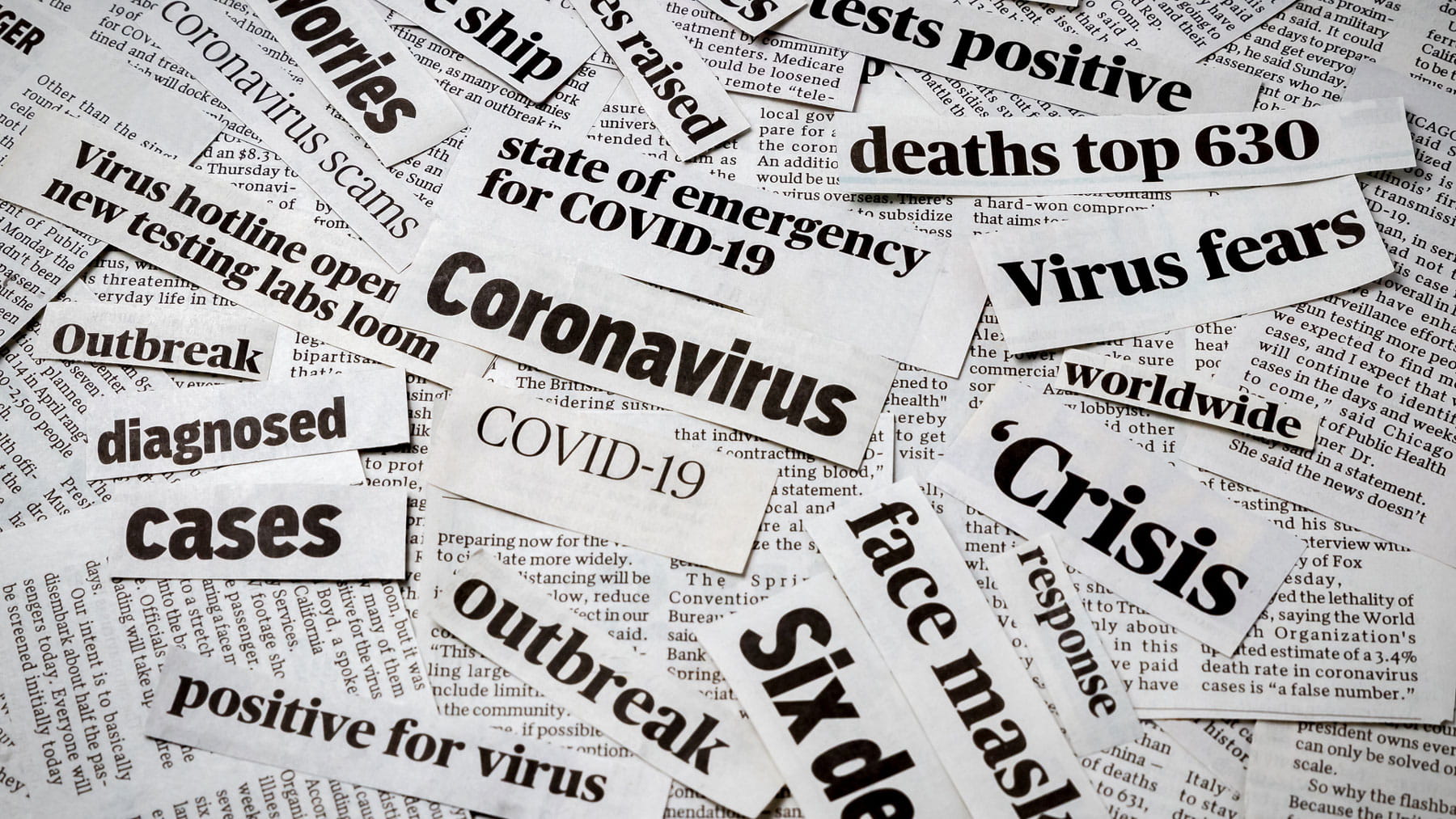Fake news about COVID-19 is spreading faster than virus

Infatuation with COVID-19 has taken over our lives. And any time we’re slammed with information about any subject, there’s a high likelihood that a lot of misinformation isn’t far behind.
I think World Health Organization Director Tedros Adhanom Ghebreyesus said it best: “Fake news spreads faster and more easily than this virus, and is just as dangerous.”
For example, there’s been a lot of discussion as to whether those with COVID-19 should avoid ibuprofen. That’s because a recent study in The Lancet medical journal pointed out that an enzyme in the drug could compound COVID-19 symptoms and recommended that it needed more study.
Media stories quickly followed, which led to the WHO saying ibuprofen can worsen the effects of COVID-19. The organization recommended against using it. However, the following day, the WHO retracted this statement and said there’s no reason for coronavirus sufferers not to use ibuprofen.
Another example is a rumor that the state of Ohio was planning to ban the sale of alcohol. Although ultimately untrue, it could have led to a mass influx of people trying to hit the grocery stores, likely ignoring social distancing rules, for a bottle or two before the closure took place.
Information can be misinterpreted and spread very easily.
I think World Health Organization Director Tedros Adhanom Ghebreyesus said it best: “Fake news spreads faster and more easily than this virus, and is just as dangerous.”
For example, there’s been a lot of discussion as to whether those with COVID-19 should avoid ibuprofen. That’s because a recent study in The Lancet medical journal pointed out that an enzyme in the drug could compound COVID-19 symptoms and recommended that it needed more study.
Media stories quickly followed, which led to the WHO saying ibuprofen can worsen the effects of COVID-19. The organization recommended against using it. However, the following day, the WHO retracted this statement and said there’s no reason for coronavirus sufferers not to use ibuprofen.
Another example is a rumor that the state of Ohio was planning to ban the sale of alcohol. Although ultimately untrue, it could have led to a mass influx of people trying to hit the grocery stores, likely ignoring social distancing rules, for a bottle or two before the closure took place.
Information can be misinterpreted and spread very easily.
How to avoid misinformation about the coronavirus:
- Only consume information from reliable resources.
- Favor print news over video or television. In many cases, print reporters have more opportunity to fact check the news and provide links to referenced items.
- If a claim is made regarding the virus, go directly to the published research.
- Be wary of claims about cures and the origin of the virus.
- Be a detective before sharing information with others on social media. Do a quick Google search at least, and spend some time making sure what you’re reading is accurate.
- If a story sounds fake, don’t click on it or engage with it. If you click on it, it’ll lead search algorithms to promote it even more.
Seek trusted news sources
I prefer to stick with time-tested sources of relevant information regarding this virus. These include the Centers for Disease Control, WHO, state departments of health, local newspapers reporting on local issues, and medical journals such as the Journal of the American Medical Association, New England Journal of Medicine and The Lancet.
Hiten Patel is a family physician and chief resident at The Ohio State University Wexner Medical Center.
There is information everywhere about #COVID19 – how can you tell if it’s accurate?





